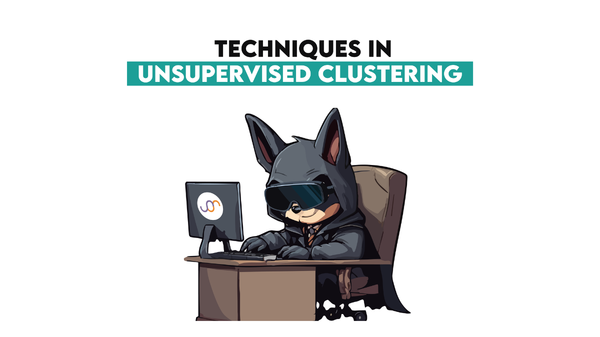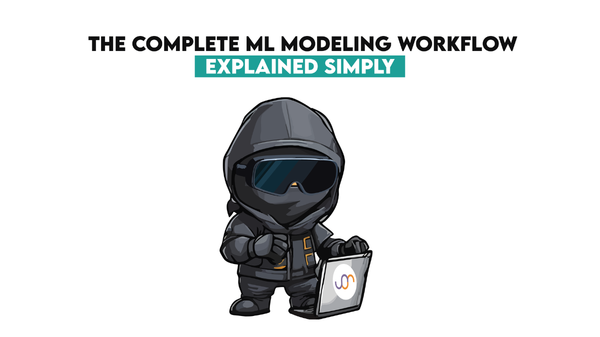Microsoft Data Scientist Position Guide

 Written by:
Written by:Nathan Rosidi
Find out what it means to be a data scientist at Microsoft! Their salaries, roles and required experience, types of data positions, and interview process.
Microsoft Corporation was founded in 1975 by Bill Gates and Paul Allen. It is a multinational technology company mainly in the computer software business, as well as personal computers, consumer electronics products, and related products and services. According to the Forbes Global 2000 list for 2019, Microsoft is the largest company in the software and programming industry. It’s one of the biggest US IT companies, along with Facebook, Amazon, Apple, and Google.
Microsoft’s most famous products are Microsoft Windows, Microsoft Office, Skype, LinkedIn, Internet Explorer, and Edge web browser. As someone working in the data field, you’re probably familiar with the Microsoft SQL Server, SQL Server Reporting Services (SSRS), Power BI, and Azure SQL Database too.
Microsoft’s current OS, Windows 10, is running on more than 1.3 billion devices globally. Overall, Windows’s share of the operating system market is around 70%. However, their main revenue generator is the Intelligent Cloud segment, consisting of Azure, SQL Server, Windows Server, and Visual Studio products. Speaking of revenue, Microsoft Corporation boasts $168 billion annual revenue as of the 2021 fiscal year ended June 30. This is an increase of 18% compared to the previous year. It currently employs around 163,000 people.
Considering that the company’s revenue comes mainly from the Intelligent Cloud segment, which is based on the (cloud) handling of data, maybe it’s unnecessary to stress how important data is to Microsoft. A wide variety of other products, ranging from the most dominant operating system (Windows) to client & server software (Office), social media (LinkedIn), and software development Internet hosting (GitHub), shows its importance to Microsoft. Data is not used only for getting products to customers. It’s also used to change or develop products according to the end user’s behavior. And this behavior is again – data. Creating data-handling tools without knowing how data works is not possible.
At the time of this writing, there were 9,392 job openings at Microsoft in total. Around a third of the total jobs is in the data field. You can find more information about the openings at Microsoft on their Careers page.
Microsoft Data Scientist Salaries
Here’s a quick overview of the general types of data positions at Microsoft, the experience they require, with their respective salaries compared to the national average.
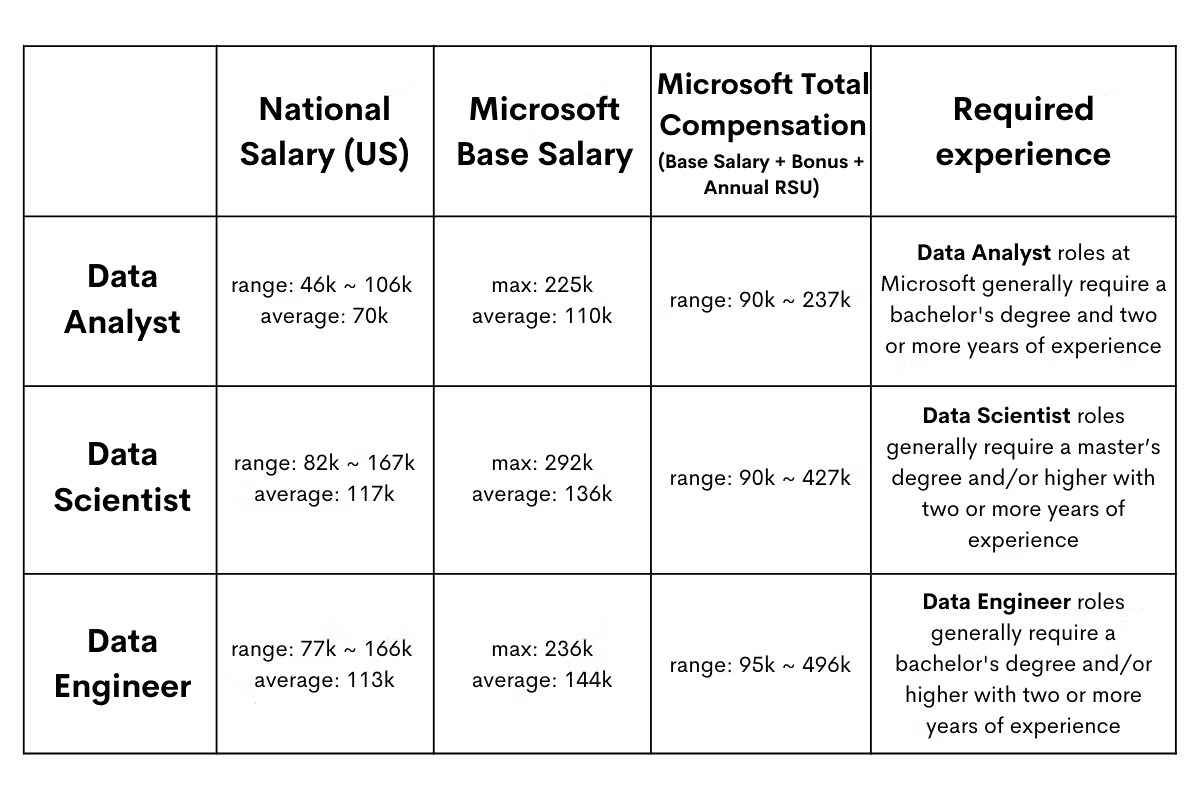
The table shows that Microsoft’s average salaries for these positions are above the US national’s salary upper limit.
Along with cash and stock bonus, Microsoft gives many other benefits to their employees. For example, health, dental, disability, and life insurance, 401k, student loan repayment plan, 15 days PTO (increased to 20 days in years 7-12, and 25 days beyond that), maternity & paternity leave, 10 days sick time, family sickness leave, etc.
One benefit unique to Microsoft is Childcare/Babysitting Reimbursement, which reimburses 160 hours of childcare fees per year.
In total, the estimated value of all those benefits is 12k.
Below are the examples of the qualifications required for the three types of data positions mentioned in the table:
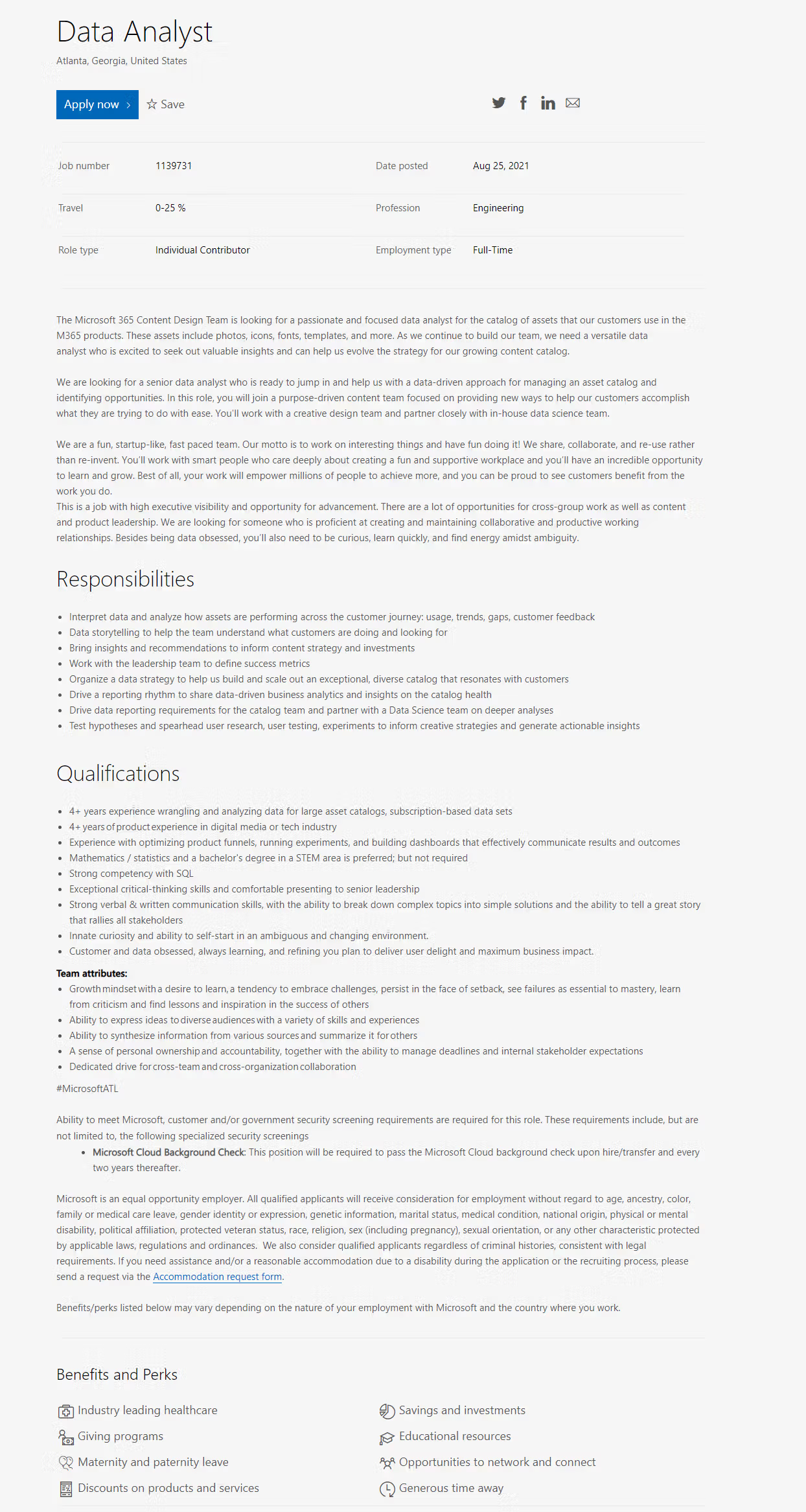
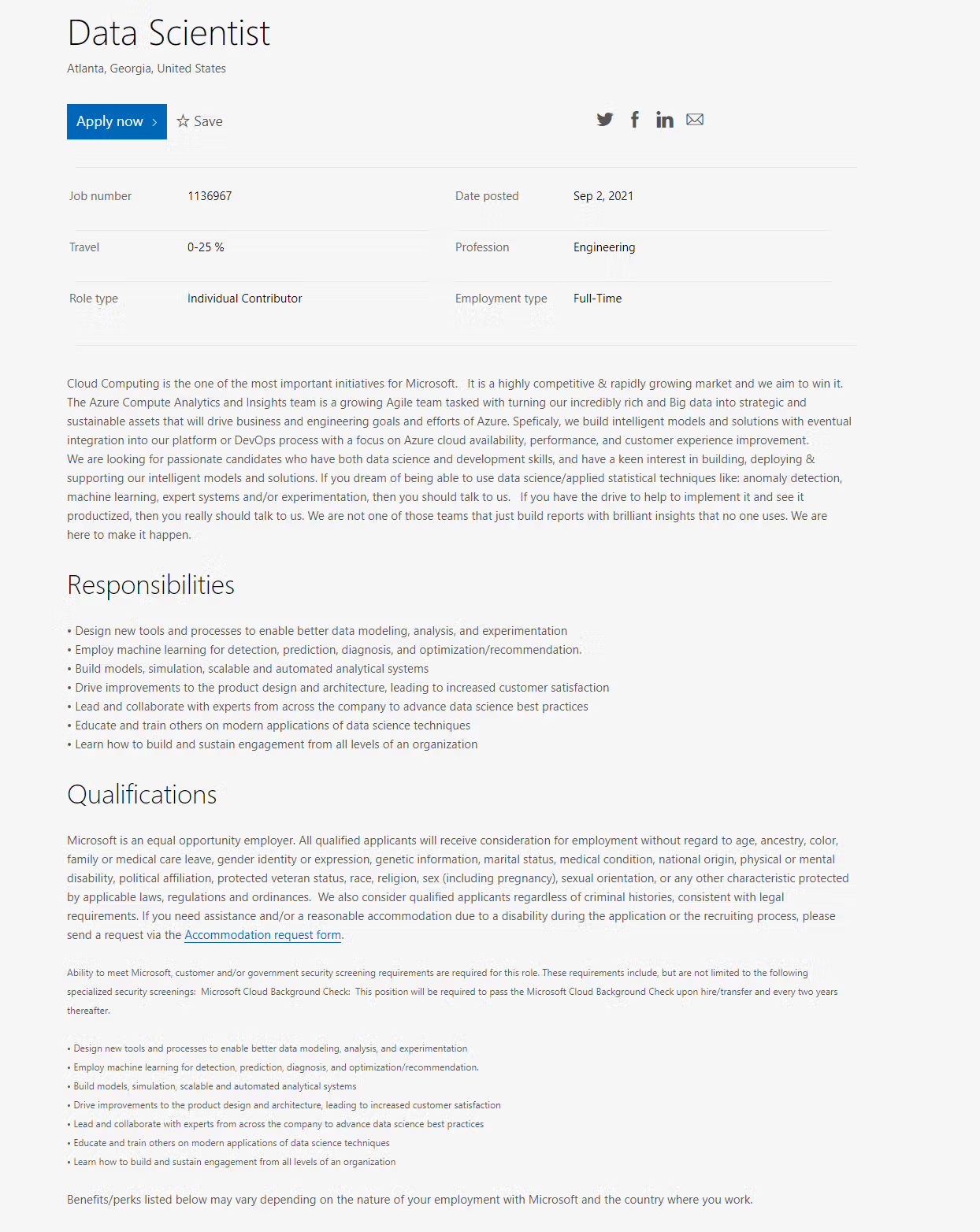
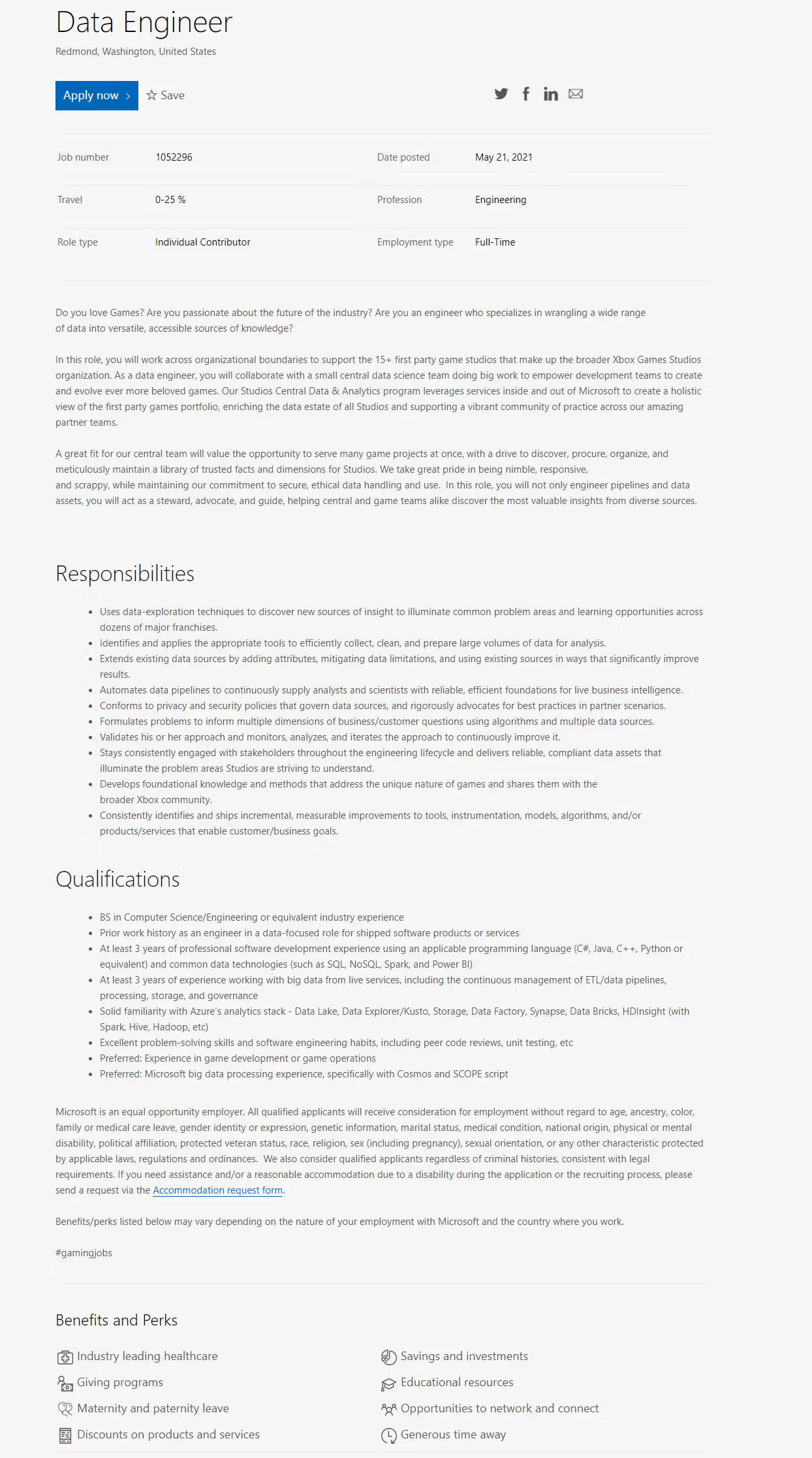
Microsoft is a huge company, so a job description and requirements could differ according to the department. For example, some positions can require better financial, legal, or product knowledge. Or maybe knowing some other programming languages, besides the standard of SQL/R/Python and being versed in cloud technology. Also, the seniority of the position can influence the job requirements. Usually, the higher in the hierarchy, the soft skills start to take over the technical skills. Aside from that, there are also some “crossover” data positions between data and sales positions or data and customer support positions.
In the next table, there’s a summary of the most commonly required qualifications and experience by role. Since this can differ within the same position, it’s important that you carefully read a job ad to see if it fits you.
Roles and Required Experience
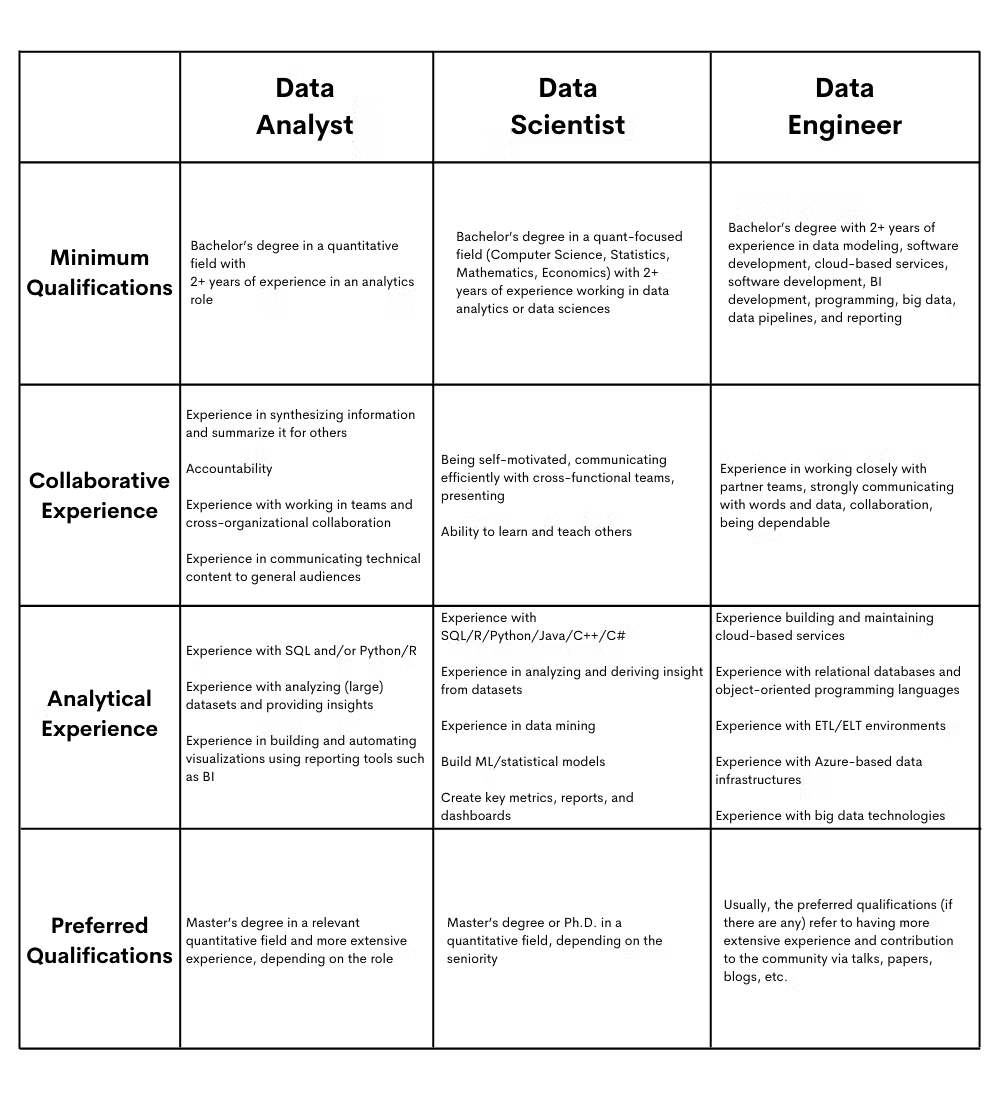
Types of Data Positions
Data positions in Microsoft are spread across multiple company teams. There are 26 teams, and most of them require some kind of a data professional. Due to that, these three data positions above can vary significantly in their requirements from team to team. Here’s the overview of all the teams that require data job positions and their descriptions. Below is a little more detailed info about what every team does and what your job description could be.

Business Development and Strategy
This team is in charge of honing partnerships and transactions that will contribute to the company’s growth. It means they work with enterprises of various sizes to find areas for collaboration.
Your work in this department will most probably consist of:
- Analyzing the financial statements and reports.
- Contributing to developing reporting and dashboards.
- Provide insights that will support the team’s proposals and decisions.
Business Programs and Operations
The mission of this team is to provide the effective operational execution of the business programs. Its employees work on planning, designing, and implementing solutions for business programs.
If you get a job in this team, you will do something along the following:
- Conduct analyses across the business segments for future improvements.
- Create metrics, reports, and dashboards for monitoring the effectiveness of the program’s implementation.
- Provide insights that will support the team’s proposals and decisions.
Consulting Services
The Consulting Services team provides technical consulting to the customers who are using or maintaining the Microsoft technology. The team advises, educates, and supports customers to gain and maintain knowledge of their products according to Microsoft best practices.
Data jobs in this team are a crossover between technical data jobs and consulting jobs. For sure, you have to have the relevant technical knowledge to advise and teach others. As a member of the team, your tasks will include:
- Deliver training and presentations.
- Learn new technologies.
- Participate in challenging business and technological conversations.
- Help formulate the solutions for the customers according to their needs.
Customer Success
This team is assigned the role of supporting customers in their digital transformation. They do that by helping them make the most of the Microsoft technologies they use.
To achieve that, they also need technically skilled employees who will:
- Use that skills and customers’ insights to develop the customer digital transformation plan.
- Ensure all implemented changes show the highest possible levels of security, performance, and reliability.
- Collaborate with others involved to create end-to-end solutions.
Data Center
It’s a department in charge of physical security, maintenance, monitoring of servers, workstations, ICS systems, etc. They ensure the non-stop availability of data to support services for the customers and businesses.
Even though there is no huge requirement for data analysts in this team, they are sometimes needed. In that case, this is what you’ll probably do:
- Create analytical models (and implement them) to improve understanding of the Data Center needs.
- Analyze data and provide insights that will support staffing and other decisions.
Engineering
Engineering is Microsoft’s production line in a way. The design, code, build and test the products.
If you’re looking for a data job, here you’ll find plenty of possibilities as a data analyst and data scientist :
- Create analytics solutions.
- Set up the reporting and create insights.
- Use BI tools to visualize data.
- Model data.
- Use algorithms to solve business problems.
Finance
The Finance team delivers their financial knowledge on several levels. They analyze the product from the financial perspective and generally collaborate company-wide to ensure the overall profitability and growth of the company.
As a data analyst in this team, you will:
- Analyze markets and gain insights on their influence on the current and new products.
- Perform quantitative analysis and provide insights and forecasts.
- Create reports and financial models for supporting business decisions.
- Use Machine Learning, AI, and/or Predictive Analytics to solve business problems.
- Communicate insights and provide recommendations.
Marketing
Marketing team in Microsoft is taking care of various segments of marketing: advertising, PR and communication, brand image. They act internally and externally by reaching out to customers and businesses, as well as their own employees, and make sure all the products and services have the best possible marketing effect.
As a data analyst, there’s a place for you there. You’ll support marketing decisions by:
- Analyzing business proposals.
- Gain insights about the product performance, current, and future marketing strategies.
- Analyze various data to help develop product monetization and pricing.
Research
This is a team where you’ll probably feel at home. The Research team’s main purpose is a collaboration between the academic world and the industry. This collaboration relates to many topics such as artificial intelligence, data, computer science, machine learning, economics, sociology, etc.
In most cases, this team offers the jobs of a researcher and data & applied scientists. These jobs generally involve:
- Collaborate with (other) experts to create data-based and machine learning innovations.
- Use machine learning to build customer-oriented solutions.
- Create and optimize the algorithms to enhance the customer’s business performance.
- Training models.
- Analyze and visualize data.
- Create patents and academic papers.
Sales
As in any company, the Sales team targets new customers, establishing the connection with them and selling the products to them. Their tasks, of course, include keeping the current customers and establishing a long and fruitful collaboration that will see the increase in the Microsoft products’ sales and income.
You could use your knowledge here too. You’ll have the opportunity to:
- Aggregate and analyze data on various levels.
- Combine data and business knowledge to identify sales trends, processes, and opportunities.
- Suggest improvement in the current and future sales strategies by means of regression and forecasting techniques.
- Use technical knowledge of cloud, ML/AI, and analytics to increase the sales performance of the specific Microsoft products.
Services
This team is dedicated mainly to support the customers from the technical perspective in using different Microsoft products. Depending on the products, your role as a data expert can vary, but here’s what you could expect if you get the job here:
- Provide technical support in problem escalation.
- Database administration problem-solving
- Database backup and maintenance.
- Database optimization.
- Database and code migration.
- Use SQL, database, BI, and machine learning knowledge to support the customers and solve their issues.
Supply Chain & Operations Management
It’s a team that ensures the smooth delivery of the products to the customers. This involves maintaining the supply chain of the Microsoft products and the supply chain of the materials used in their production. All that has to include efficiency from the quality, price, and time perspective.
This team offers opportunities to show your data knowledge. For example, you could be:
- Support the supply strategies by analyzing costs.
- Analyze and monitor product performance.
- Support inventory planning.
- Develop metrics and reporting according to the team’s needs.
- Develop strategies that will overall lead to supply chain optimization.
Technical Sales
The members of this team work on increasing revenue and market share with the strategic enterprise clients. They provide and support customers with the architectural solutions and concepts that will benefit the user’s experience with Microsoft’s intelligent cloud.
Here’s how you could use your data expertise:
- Participate in designing and creating cloud-based and customer-oriented solutions.
- Create a data architecture that will meet the customers’ demands.
- Work cross-disciplinary within the customer’s department to smoothly transition to the cloud.
- Perform analysis of the new customers acquisition potential and the business growth within the current customer portfolio.
- Participate in the technical workshops, educations, and demonstrations of the product capabilities.
Technology Sales
This team also works on the client’s digital transformation by recognizing their needs and providing suggestions and technical support in that mission.
Here you’ll also have the opportunity to showcase your technical and data knowledge.
What you’ll work on is generally very similar to descriptions of the Technical Sales team. You’ll have to know the Microsoft products and the concepts these products are based on, such as relational databases, cloud computing, machine learning, reporting & analytics. You will then use that knowledge to support the customers and/or analyze the opportunities for sales increase.
Outlining the Microsoft Data Scientist Interview Process
Microsoft’s interview process consists of several rounds and, as with all the famous technology companies, is rigorous. To increase your performance in this interview process, we’ve prepared a general overview how the process will look like. That way, you will know what to expect and be prepared. The Microsoft interview process used to consist of both virtual and on-site interviews. However, due to the COVID-19 pandemic, the official statement by Microsoft confirms all the in-person interviews will be held virtually. This doesn’t change significantly the outline of the process overall and what you should expect.
When you enter the interview process, you should expect the following: one phone screen and assessment, then 4-5 on-site interviews (or, better, face-to-face interviews, since the pandemic changed the approach). Here’s an overview of this process:
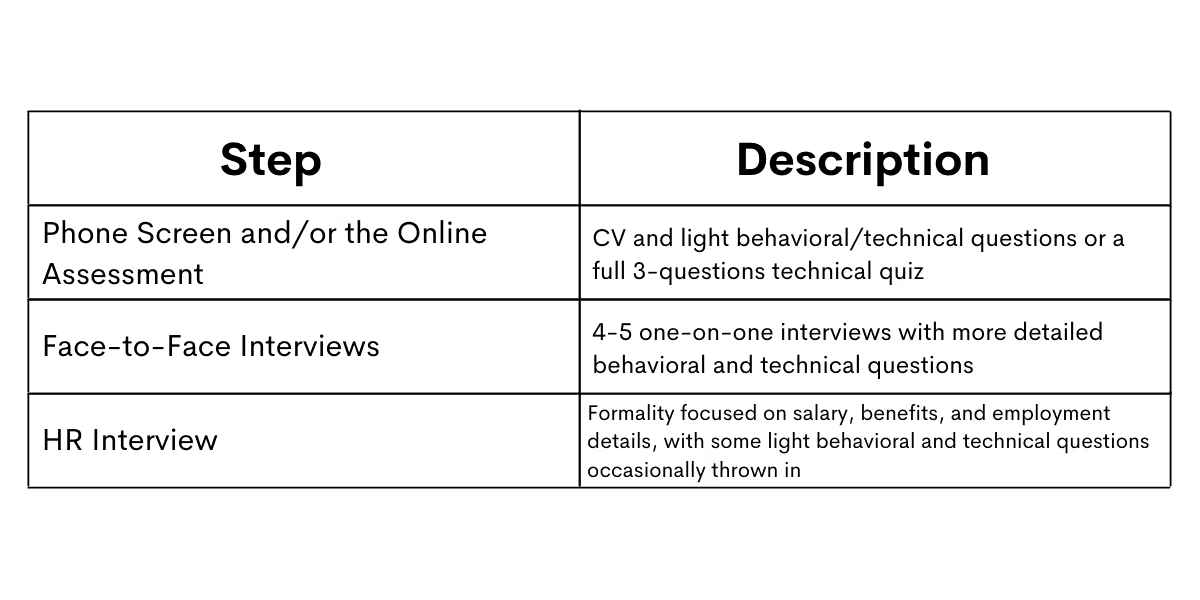
Phone Screen and/or the Online Assessment
After you’ve got a call from an HR recruiter or send a job application, the first step of the interview process in Microsoft is phone screening. This first step in the process usually lasts up to 60 minutes and will involve talking to a team member or your future boss. The screening will involve your CV review. Then some questions will follow. Usually, several behavioral and one easy-to-medium coding, data structure, algorithm, or some other technical question, depending on the position you applied for.
The technical question will be assessed via an online code editor, and you’ll be given 30 minutes to solve it. It’s also possible that you’ll only have an online assessment of your technical skills. Usually, this lasts up to 90 minutes and involves three questions.
Face-to-Face Interviews
This phase involved spending the whole day at Microsoft premises and having 4 or 5 interviews. Now, the pandemic changed this to completely virtually-held interviews. This is the most important change. As before, these interviews will all be hour-long and will be conducted one-on-one.
Here you can expect some more behavioral and technical questions. There will be more of them, and they will be more difficult than in the previous round.
The interviews will involve talking to various members of your future team with different levels of technical knowledge and fields of expertise. The last face-to-face interview will be with a senior executive who has the power to veto or approve your hiring. Again, the purpose of this interview is to ask you some questions (be it behavioral or technical) to make sure all that was maybe missed in the previous interviews is covered. As a senior executive, the interviewer will also try to talk you into accepting the employment offer if they’re to make it.
HR Interview
The final step of the interviewing process will be the HR interview. This is an interview with the Human Resources employer and is more or less a formality. Here you’ll also be asked some behavioral and technical questions, but more with the purpose to make sure once again you’re the right candidate. In this interview, you’ll also discuss your salary, benefits, and other topics regarding your employment.
Types of Questions Asked during the Microsoft Data Scientist Interview
Microsoft’s data scientist interview questions can fit in the following four categories:
- Behavioral Questions
- Product Sense & Business Cases
- Data Analysis & Coding
- Modeling Techniques
We’ll give you some examples of each category, along with the links to the answers and discussion pages.
Behavioral Questions
These are the questions asked to screen your behavior at work. How you react in certain situations, build interpersonal relationships, and perform in different situations. To be more specific, here are some examples:
- Why are you leaving your current job?
- Why do you want to work at Microsoft?
- Describe a time when you had to learn a new technical skill on the job.
- Tell us about some of the biggest lessons you've learned in life.
Here you’ll need to express yourself, present yourself as a person and a professional. The most important thing is what you want to say, but it’s also important to know how to say it. You could use our article for more guidance.
Product Sense & Business Cases
Here you’ll have to show how well you know Microsoft and its products. You’ll also have to answer the questions that require thinking and showing the ‘feeling’ for numbers, data, and estimates.
- Explain a recursion to me like I’m 5 years old.
- How would you design an alarm clock for deaf people?
- What is your favorite Microsoft product and why?
Data Analysis & Coding
These are technical questions designed to screen your theoretical and practical knowledge in data analysis, data handling, and code writing. Here are some questions that you might be asked at Microsoft:
- Find the total number of downloads for paying and non-paying users by date.
- We have a table with employees and their salaries, however, some of the records are old and contain outdated salary information. Find the current salary of each employee assuming that salaries increase each year.
- Given a list of projects and employees mapped to each project, calculate by the amount of project budget allocated to each employee.
Modeling Techniques
These questions intend to test your statistical, mathematical, and model-building knowledge. Here are the example questions you could expect when being interviewed:
- How to compute an inverse matrix faster by playing around with some computational tricks?
- How do you detect if a new observation is outlier?
- What is the definition of the variance?
Quick Tips
- Do your research on Microsoft, its industry, and how your role contributes to the company.
- Be informed about the interview process and Microsoft products, especially if this is a product-oriented position.
- Don’t think only about the current position, but think about where this position could lead you within the organization.
- Be in touch with the latest ideas and developments in the tech industry.
- Since all the interviews are currently held virtually, make your environment as comfortable as possible and check your equipment to avoid any technical difficulties.
- Work on your technical and non-technical knowledge; assess the holes in your knowledge and/or experience, and try to patch them.
- Don’t lose hope; even if you don’t get the job, you will gain interview experience which can help you to get your next job.
Additional Resources
We have articles about Microsoft data scientist interview questions and an article dedicated only to the SQL interview questions at Microsoft. Feel free to use some other articles on our blog when preparing for the interview.
You should also check Microsoft’s site too. It provides information about the professions and teams; it gives you some interview tips and how to get hired. You can also use it to search all the available openings. You can do that on Glassdoor, too, along with the salary for a certain position. Levels.fyi also has all the up-to-date information on data science salaries and benefits.
Share
